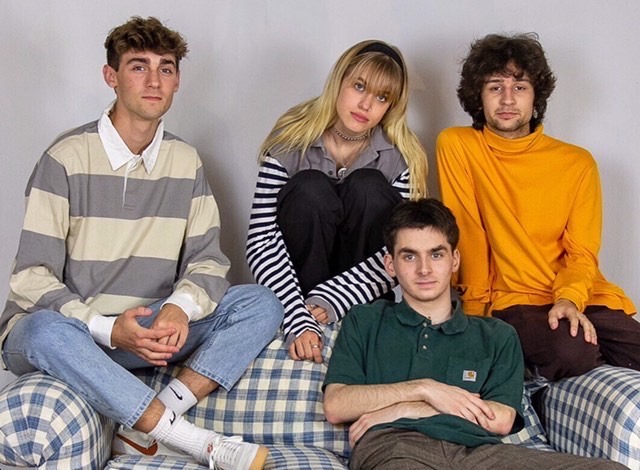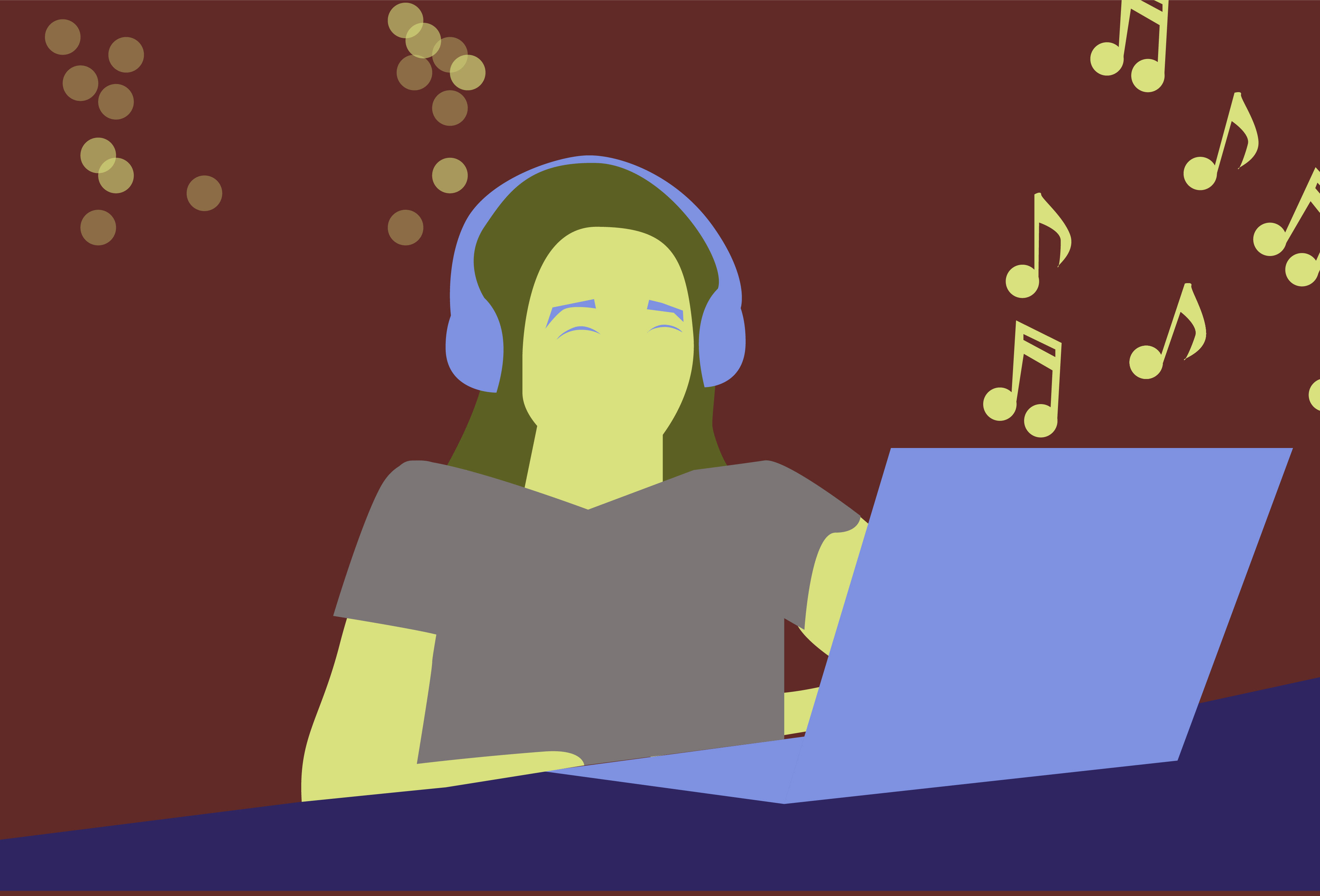Over the summer, a free six-week-long DJ workshop guided participants into a world of music that isn’t always inviting. We Got Next—headed by organizers and DJs Jené Etheridge and Shira Dennis—is a valuable platform which aims to challenge Portland’s otherwise relatively homogeneous music scene.
Etheridge and Dennis have an active history in the Portland music scene. They began hosting a radio show on XRAY.FM almost four years ago. That show, Everyday Mixtapes, gained traction and landed them DJ gigs around town. A few years later, the duo—now both established DJs in the area who perform under the names DJ Black Daria (Etheridge) and DJ Shi Shi (Dennis)—noticed that women, femmes, BIPOC and LGBTQ+ people were asking them for DJ tips. After initial meetings, Etheridge and Dennis applied and received a grant from the Regional Arts and Culture Council (RACC) and planned a weekend event that included a hands-on workshop. However, when COVID-19 struck the United States in March, Dennis and Etheridge, with support from RACC, turned the canceled event into the six-week digital workshop instead.
Etheridge and Dennis feel like their platform is critical for promoting diversity within the local music scene. They’re not alone in this feeling; Women, BIPOC and LGBTQ+ people do not take up the same amount of space in the music industry as white men. In 2019, the University of Southern California’s Annenberg Inclusion Initiative concluded only 2.6% of popular music producers and 22.4% of artists in the industry were women. The study also found that out of 871 producers, only four were women of color.
Those numbers suggest building community in these spaces is imperative. Dennis said it was pivotal for her and Etheridge to have each other when they were learning. “I found it really helpful to have Jené to talk to if there was a mixer at a gig I’d never seen before,” she said.
Both Ethridge and Dennis spoke about situations where they felt undermined when working. Dennis recalled a situation where she was playing a gig and refused a drink offer because she was working, which resulted in her being reprimanded by an industry colleague a few weeks later. Etheridge mentioned how an intoxicated man tried to get behind her controller and began physically intimidating her before his friend pulled him away.
“Creating a space like We Got Next, for not only learning but preparing for situations like that, was very important,” Etheridge said. “We covered that in the workshop, and it was nice having DJs who were more experienced than us, and who were Black women, addressing situations like that.”
Beyond creating community, the workshops were able to reach a broad audience due to their virtual nature. Not all participants were from Portland, and they were able to have instructors from Philadelphia and Oakland share their experiences. Dennis also theorizes that the virtual space may have allowed people to feel more comfortable with beginning to learn the craft, as students didn’t have to worry about the tactile aspect of navigating DJ equipment or having their presence emphasized in a physical space.
Since the program ended in September, Etheridge and Dennis have already observed positive effects. “A handful of people in Portland who have taken the class told clubs they completed the program and they got a gig,” Dennis said, excited. The program’s future goals include expanding through networking, collaboration and branching out to other areas of the U.S. Dennis said she’d love to turn We Got Next into an agency of sorts, helping participants find gigs and collaborative opportunities. She also wants booking agents in Portland to know that participants of the program “will come with either a mixer or a controller,” and that clubs “will not have to worry about [the DJ], because they have a network, the education and an understanding.”
To aspiring DJs in the community, Etheridge recommends setting time aside every week to start learning. “If you don’t know anything, then start looking up YouTube videos of how to be DJ, and build that into your routine two days a week,” she said. Dennis followed up by saying that crafting playlists, sending them to a friend, and getting feedback is a great way to build track sequencing skills. And, maybe more importantly, both recommended finding a buddy to learn with.





